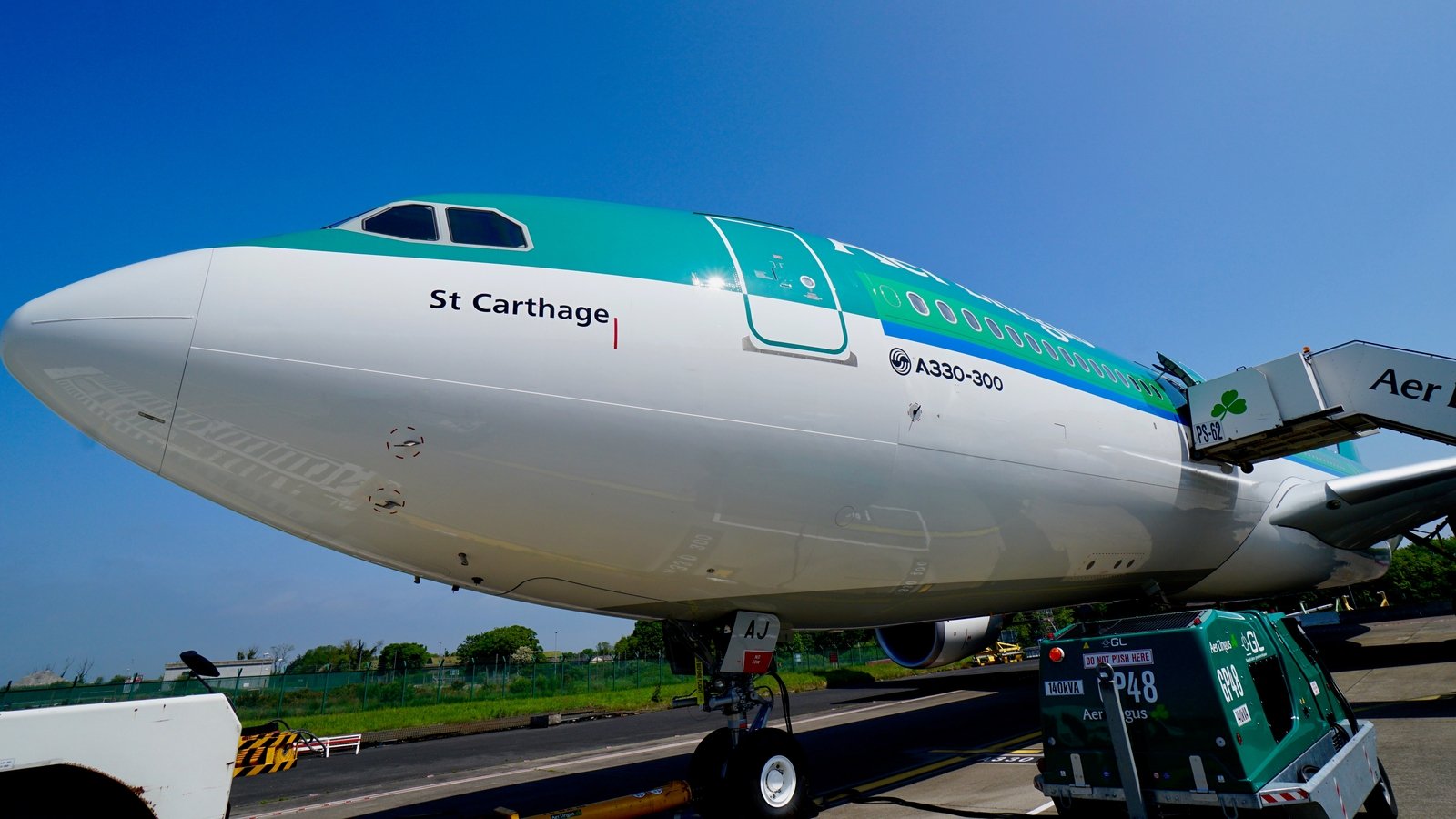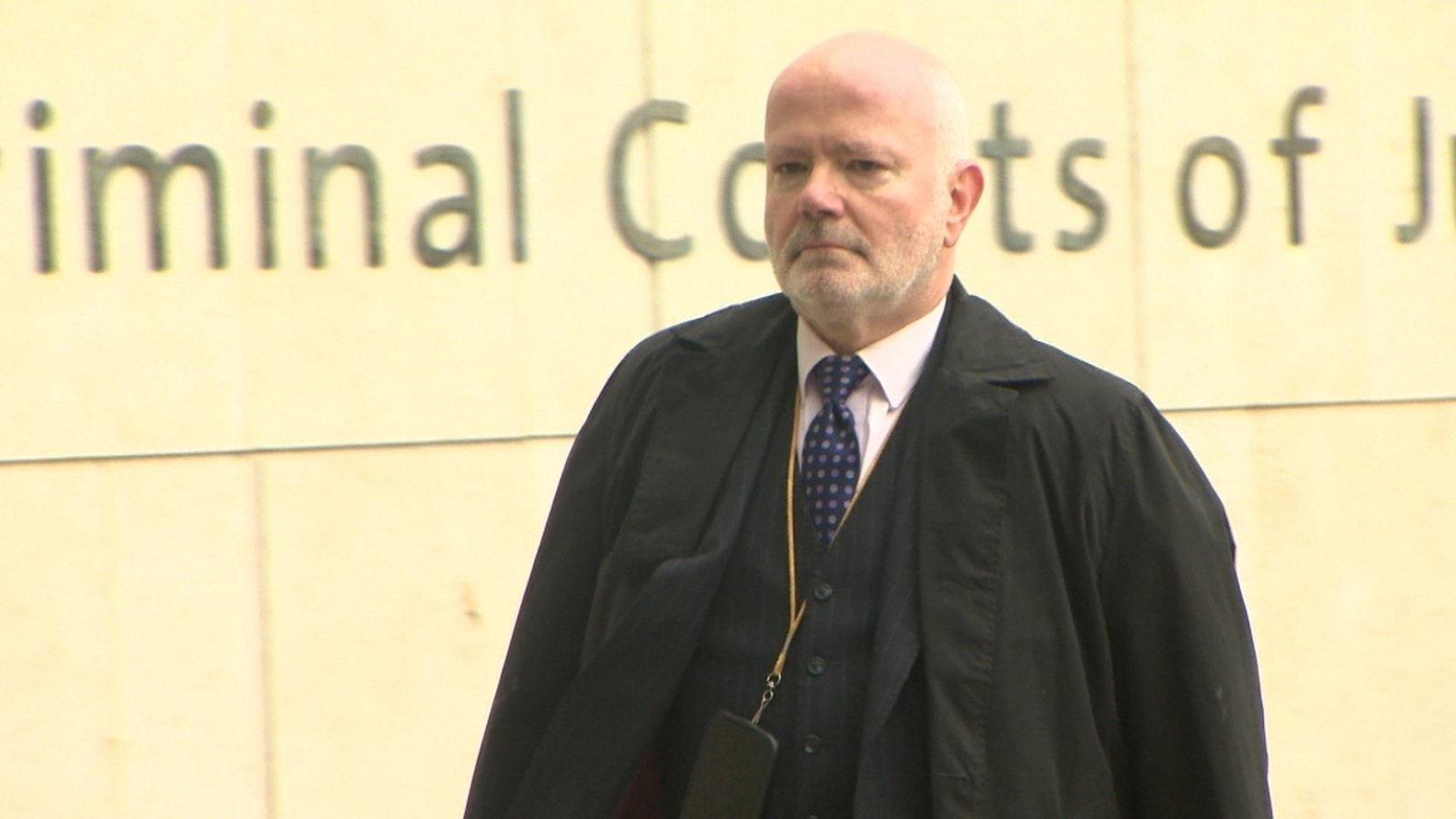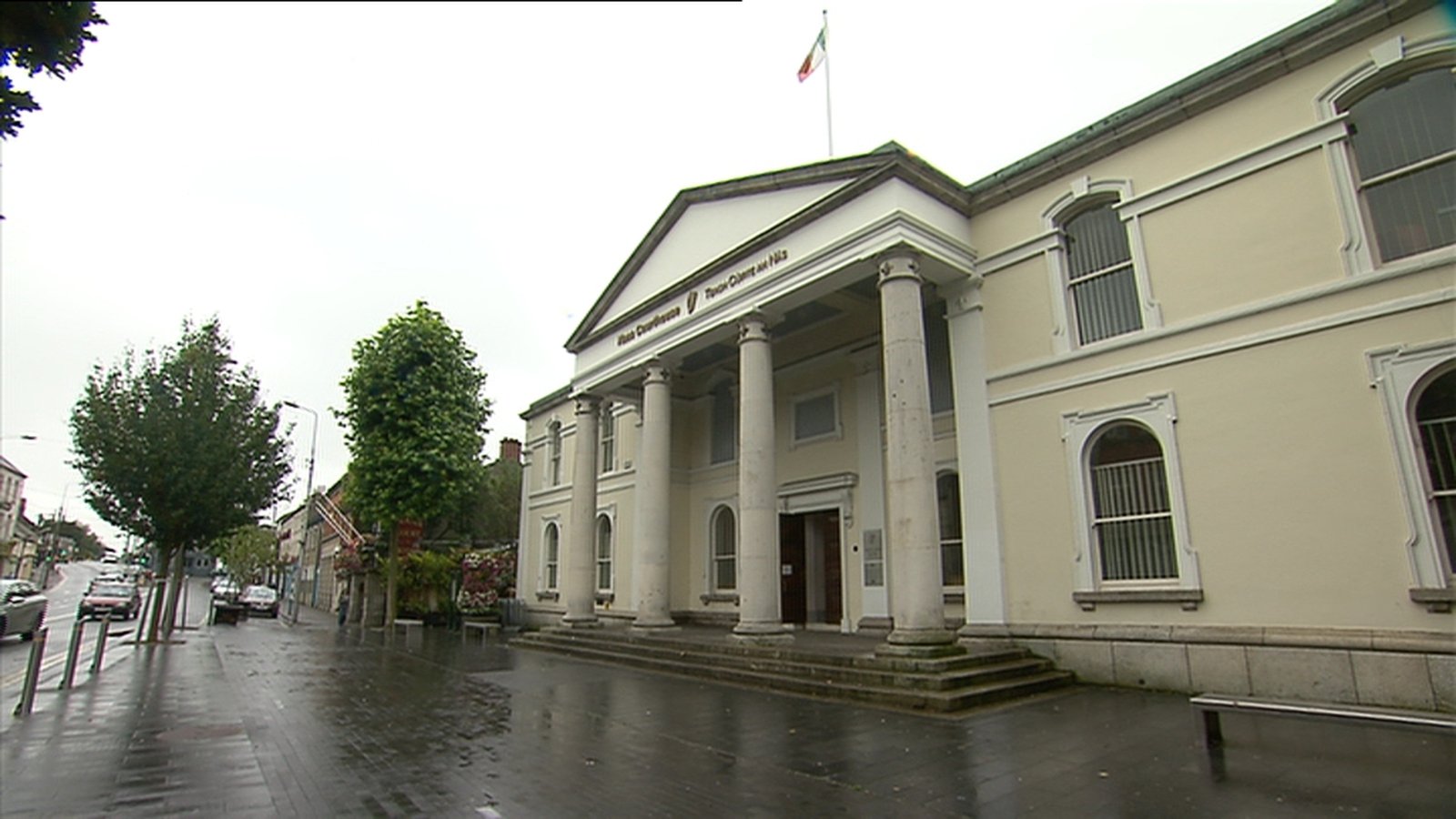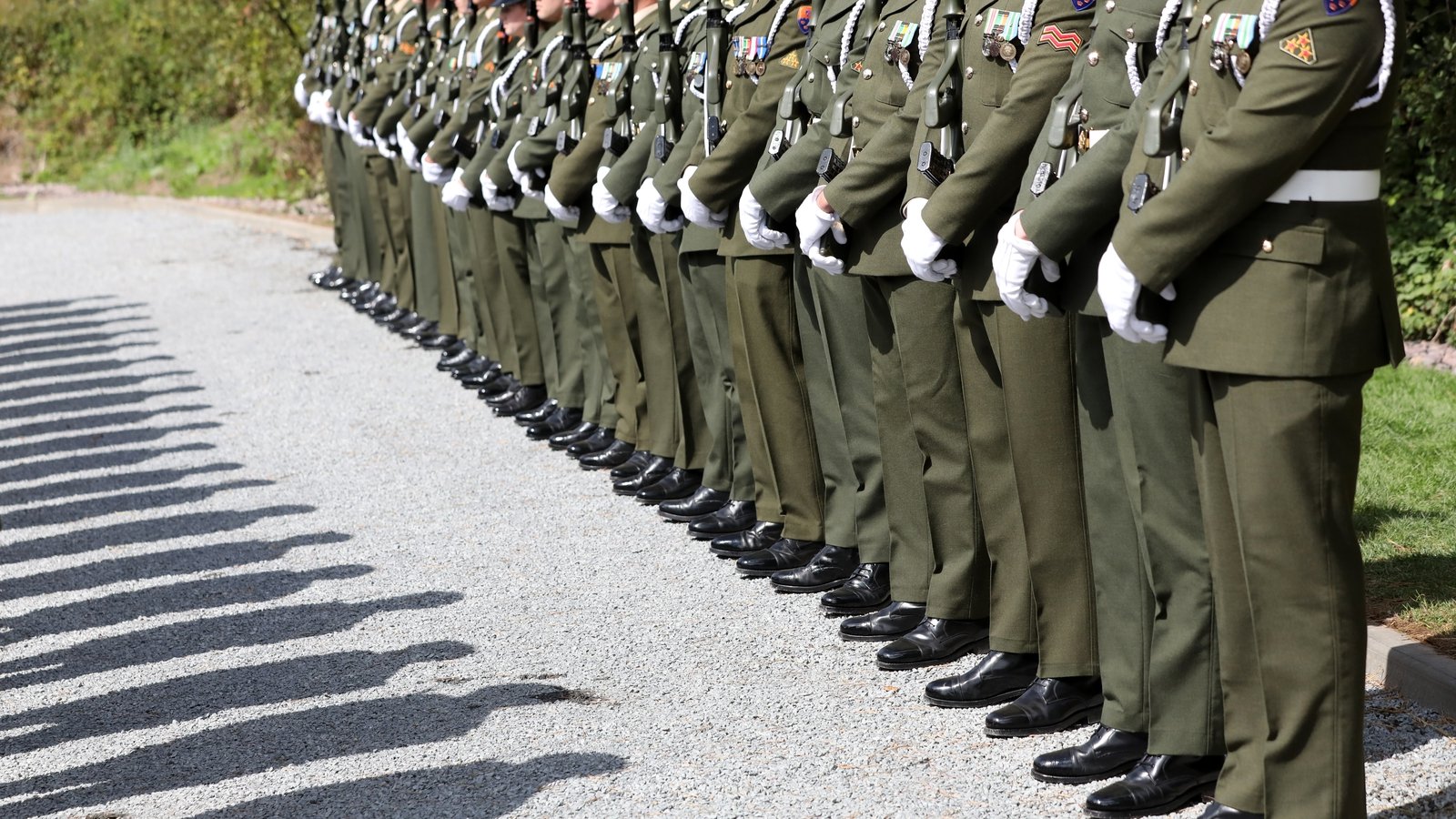Decommissioning a ‘collective act of reconciliation’


Under a 1999 plan to break the decommissioning logjam, British prime minister Tony Blair backed a proposal for the RUC and British Army, along with the IRA and loyalists, to have weapons destroyed in what was described as a “collective act of reconciliation”.
But officials feared that RUC Chief Constable Ronnie Flanagan could resign over the plan, as it appeared to treat the security forces as equivalent to paramilitaries.
In April 1999, a year after the Good Friday Agreement, the peace process was stalled. In the absence of a start to IRA decommissioning, Ulster Unionist Party leader David Trimble was refusing to allow the formation of the executive.
On 1 April, taoiseach Bertie Ahern and prime minister Tony Blair met at Hillsborough Castle and issued a declaration aimed at encouraging the parties to move forward.
It proposed that on a date to be specified, ministers would be nominated; within a month of those nominations, the Independent International Commission on Decommissioning would oversee what was described as “a collective act of reconciliation” involving the putting beyond use of some arms. At that stage, power would be devolved, and the executive and the other institutions envisaged by the Good Friday Agreement would be established.
But it wasn’t just paramilitary arms that were to be decommissioned – both British Army and RUC weapons would be included as well. At Hillsborough, prime minister Blair “took the view that the security forces would have to be involved in the envisaged act of reconciliation”.
But the following week, Irish diplomats at the Anglo-Irish Secretariat were told that there were problems with the plan.
A report to Dublin explained that they had been told by the Northern Ireland Office (NIO) that “the British Army are on the whole relaxed about a symbolic gesture which would involve putting some of its weapons beyond use”.
By contrast, “the RUC are reportedly taking a much dimmer view about something which would imply equivalence between themselves and the paramilitary groups whom they have been fighting for three decades”.
As the NIO official put it, “it will be no easy task to persuade the RUC to play ball”, and there were even fears that Chief Constable Ronnie Flanagan could resign over the issue.
In the event, a confrontation was avoided because Sinn Féin rejected the Hillsborough Declaration, much to the frustration of the British prime minister.
At a meeting with Bertie Ahern, Blair “expressed profound irritation at the constant demands from the parties for leadership from the Governments only to have that leadership spurned when it was exercised as at Hillsborough. The ambiguity about decommissioning in the Good Friday Agreement had been deliberate, to get us over the hump a year ago.” The Hillsborough Declaration, he suggested, was a way round the ambiguity.
The impasse was finally resolved – for the time being – in December, when power was devolved to the executive, and the IRA announced it had appointed a representative to engage with the Decommissioning Commission.
By David McCullagh and Shane McElhatton
[Based on documents in 2022/45/424 and 2022/45/585]





